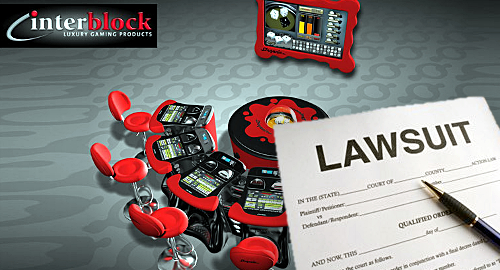 Gaming device maker Interblock is being sued in Florida by players convinced that the company’s electronic craps machines are taking too big a commission.
Gaming device maker Interblock is being sued in Florida by players convinced that the company’s electronic craps machines are taking too big a commission.
On January 20, a class action lawsuit was filed in a South Florida federal court against Interblock and the Isle Casino and Racing in Pompano Beach, the Isle of Capri Casinos venue at which the three plaintiffs played the Interblock craps game in question.
At the heart of the matter is the house commission charged by the Interblock machines. The machine advertises that it takes a 5% cut of player stakes on winning wagers, whereas it actually takes a 5% cut of player winnings on certain ‘buy’ bets, which means the machine’s commission can be as high as 10% of the stake. Some other types of bets carry an actual commission of 7.5%.
The plaintiffs’ attorney, Cristina Pierson, told the Miami Herald the only reason the glitch was noticed was because “someone did the math.” Pierson said her research on similar Interblock machines in other casinos detected the same flawed payout structure.
Interblock has yet to comment on the claims made in the lawsuit but the Isle casino closed its Interblock dice game this week after the suit was filed. The lawsuit notes that the casino would have been the beneficiary of the fiscal miscalculation and Pierson suggested the casino could use player reward card data to determine the scale of the erroneously collected commission.
FLORIDA FLOORS IT ON GAMING BILL
Meanwhile, Florida’s new gaming legislation was steamrolled through a Senate committee hearing on Wednesday. The Regulated Industries Committee had scheduled four hours to consider the SB 8 legislation – which covers everything from the state’s new gaming compact with the Seminole Tribe, daily fantasy sports and new slots and banked card games in some counties – yet managed to wrap things up via unanimous vote in just 60 minutes.
The bill now heads to the Appropriations committee, its last stop before SB 8 can be debated on the Senate floor when the 60-day 2017 legislative session commences on March 7. However, the bill is expected to get a much tougher ride when it moves to the more conservative House.
While SB 8 contains a ‘pari-mutuel reduction program’ that would permit the state to buy back unwanted gaming licenses, House Commerce Committee chairman Jose Felix Diaz told local media that the House version of SB 9 would be “a conservative approach to gaming that will put contraction front and center.” That said, Diaz cautioned that the details are “still being worked out.”